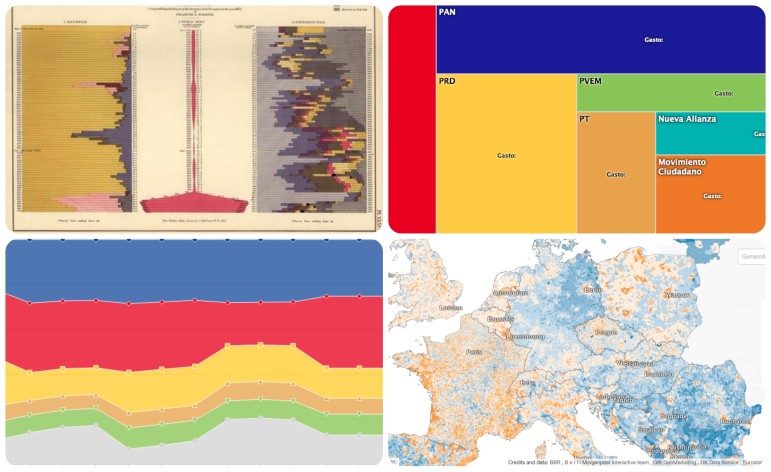
News & Analysis
Can Crowdfunding Support Media Business Models?
Monday July 6 saw the launch of The Ferret, a new Scottish investigative journalism platform, which joins an expanding list of media business models benefitting from crowdfunding. Given the seemingly increased popularity of this funding route many media players will understandably be asking if this source of income is for them. In this article we explore some of the benefits – and potential pitfalls – anyone exploring these channels needs to consider.









